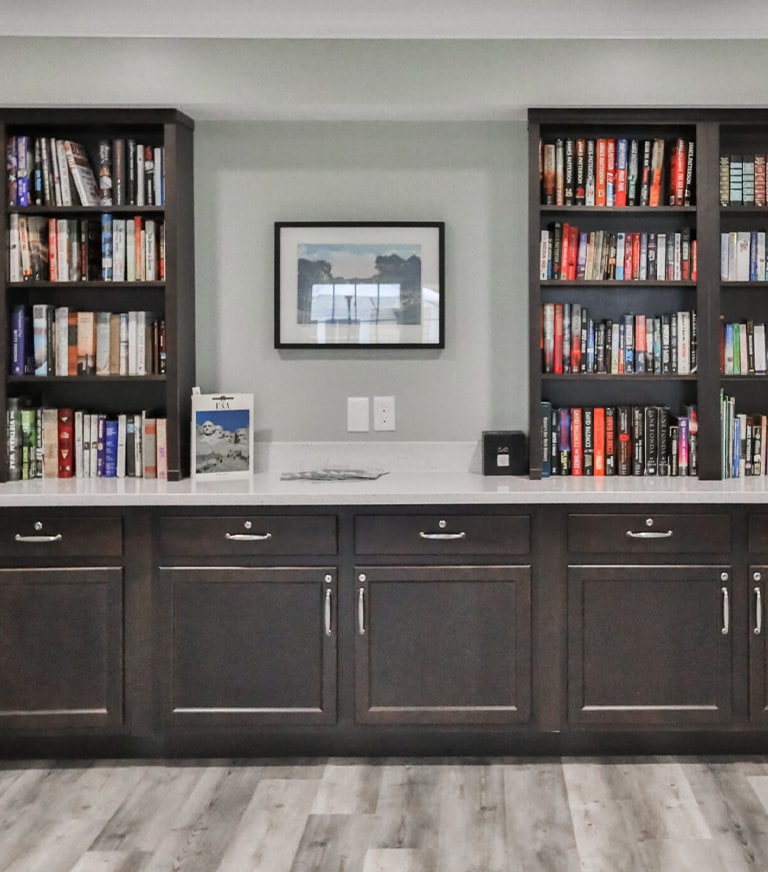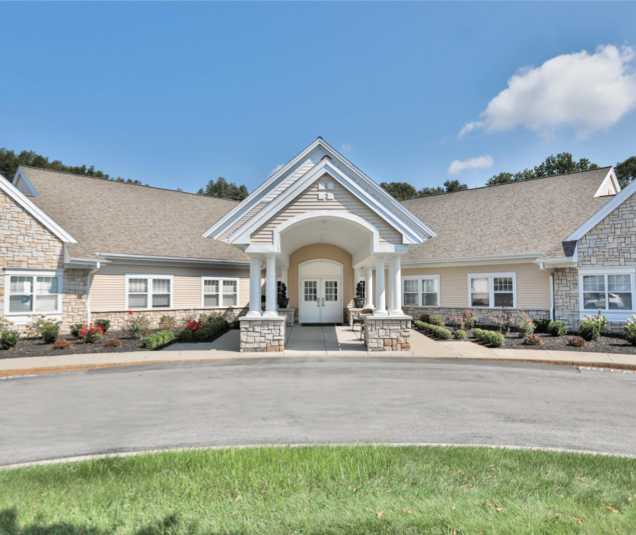For families and caregivers of loved ones navigating the complexities of life with dementia, many health and legal questions arise, such as the possible need for memory care in a senior living community or the ability of a person with dementia to write a will.
A loved one with dementia can make and sign a will if they can communicate their desires and make decisions. Given the progressive and often unpredictable nature of dementia, understanding how to approach this essential legal document is paramount. Also, check local laws, as the validity of a will varies state by state.
What Is Dementia?
Dementia is not a specific disease but rather an umbrella term for a range of conditions where cognitive abilities such as memory, thinking, communication, and making decisions are affected.
If you’re a family member of a loved one and suspect they have dementia, here is what you can do:
- Discuss it with your loved one and suggest they see a medical provider about the observed changes.
- Have them undertake a medical assessment by a provider they are comfortable with.
- Have a family meeting to start legal planning and gathering documents.
What Is a Will?
A will is a legal document or declaration of a person’s written wishes regarding the distribution of their assets and property after their death. It may also include instructions for the care of dependents and designate powers of attorney.
Anyone who is of sound mind and not a minor can make a Will. At the time of making a Will, the person must know and understand the implications of the act of executing the Will.
Dementia & Testamentary Capacity
The law requires individuals making a will to have testamentary capacity, meaning they must have the mental capacity to make sound decisions and the ability to make a valid will. A diagnosis of dementia does not automatically negate this capacity. The legal system recognizes that capacity is task-specific and situational. In the early stages of the disease a person with dementia may still possess the ability to make informed decisions and understand their implications.
Understanding & Applying the Law
Testamentary capacity standards can vary by jurisdiction, but most jurisdictions require the testator (the person who writes the Will) to have sufficient mental function to understand the act of writing a Will. In the case of a dispute, the court could order a medical assessment by a medical practitioner of the individual’s mental state.
When to Seek Legal Counsel
The ideal course of action is for individuals diagnosed with dementia to engage in will writing or updating as soon as possible after their diagnosis when they are still able to meet the capacity. Prompt legal advice can help determine the individual’s capacity and initiate the process.
How Can Loved Ones Facilitate the Process?
The provision of legal support for someone living with dementia is a nuanced moral landscape. Caregivers and family members need to approach the process with sensitivity and understanding of the dynamics at play.
Navigating Consent & Intent
In assisting with will writing, obtaining consent, and understanding the intentions of the person with dementia are crucial. Family members can use a tailored approach to the individual’s remaining abilities and patterns of communication.
Collaborating with Legal Professionals
Working closely with a lawyer experienced in elder law can mitigate risks and make sure the process is as legally sound as possible. Legal professionals can also guide families in preparing for the challenges of will writing in the context of dementia, the appropriate timing, and execution of the Will.
Personal Support
Personal support from friends, family, and counselors can also provide the emotional fortitude to navigate these challenging conversations.
Exploring Alternatives
When writing a Will becomes unfeasible due to dementia progression, legal mechanisms are available to honor a person’s wishes.
Power of Attorney & Guardianship
Power of attorney designates a trusted individual to make financial or medical decisions when the person with dementia is no longer able to. Guardianship is a legal process where the court grants a guardian the authority to make decisions for the incapacitated individual.
Living Will & Trust
Trusts offer an alternative way to manage assets, bypassing the need for a will. A living trust is a way a person living with dementia can give instructions for how to handle their estate upon death. A living will dictate medical care preferences, giving a voice to the individual even when they cannot directly communicate their wishes.

Early Planning in Dementia
Will writing and dementia necessitate early and active engagement with the legal system and calls for respectful, informed conversations that honor the dignity and autonomy of the person with dementia. If you’re a family member of a loved one diagnosed with dementia, the first step is to discuss and acknowledge the complexities of the condition and prepare for the future.
Contact Peregrine Senior Living at Clifton Park to learn more about our approach to quality memory care and how we can support a loved one with dementia.











Dining at our community is about more than what’s on the plate—it’s about connection, community, and the joy of gathering together.
Our talented culinary team crafts meals that are both delicious and nutritious, offering flavors that comfort and inspire.
From themed dinners to chef demonstrations, each meal becomes an opportunity to savor the moment and celebrate life’s simple pleasures. 🍴
peregrinecliftonpark.com/ ... See MoreSee Less
0 CommentsComment on Facebook
Cheesecake Factory for lunch 🍰🍝 ... See MoreSee Less
0 CommentsComment on Facebook
Carmen and Joe joined us live again for another monthly Peregrine Birthday Party! ... See MoreSee Less
0 CommentsComment on Facebook
The March newsletter is here!
And monthly dinners are back starting with a bang thanks to Home of the Good Shepherd and DJ Mark Hersh. We will have a festive breakfast for St. Patrick's Day with Peregrine Senior Living at Clifton Park, and Saratoga County Department of Aging and Youth Services brings us new programs like Boxing Fitness and an additional Chair Yoga class!
Find the newsletter here: cliftonparkny.gov/document-center/clifton-park-senior-community-center/2026-newsletters/5845-marc...
Town of Clifton Park ... See MoreSee Less
0 CommentsComment on Facebook
Today we celebrate the caregivers—those whose quiet strength and unwavering compassion bring comfort to so many.
We see the difference caregivers make every day: holding a hand, sharing a smile, or offering reassurance when it’s needed most. 💕
Your dedication reminds us that true care goes beyond tasks—it’s an act of love, patience, and humanity.
Thank you for all you do to make the world a more compassionate place.
peregrinecliftonpark.com/ ... See MoreSee Less
0 CommentsComment on Facebook
We had some special visitors at our Mardi Gras Party yesterday🐷💜💚💛 ... See MoreSee Less
3 CommentsComment on Facebook
Happy Valentine’s Day! ❤️
Love takes many forms—between partners, friends, families, and even across generations.
Today we celebrate the love that fills our community: the care shared between residents and team members, the laughter that brightens our halls, and the sense of belonging that reminds us we’re never alone.
May your day be filled with connection, warmth, and heart.
peregrinecliftonpark.com/ ... See MoreSee Less
0 CommentsComment on Facebook